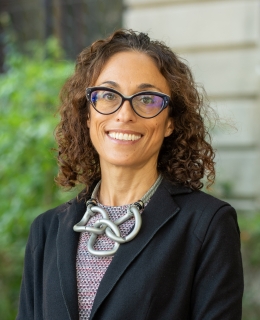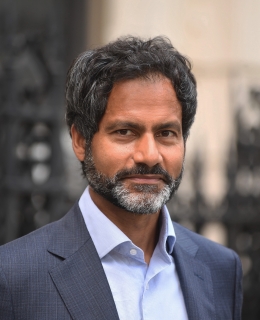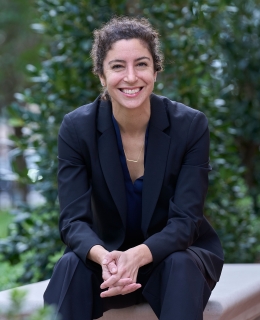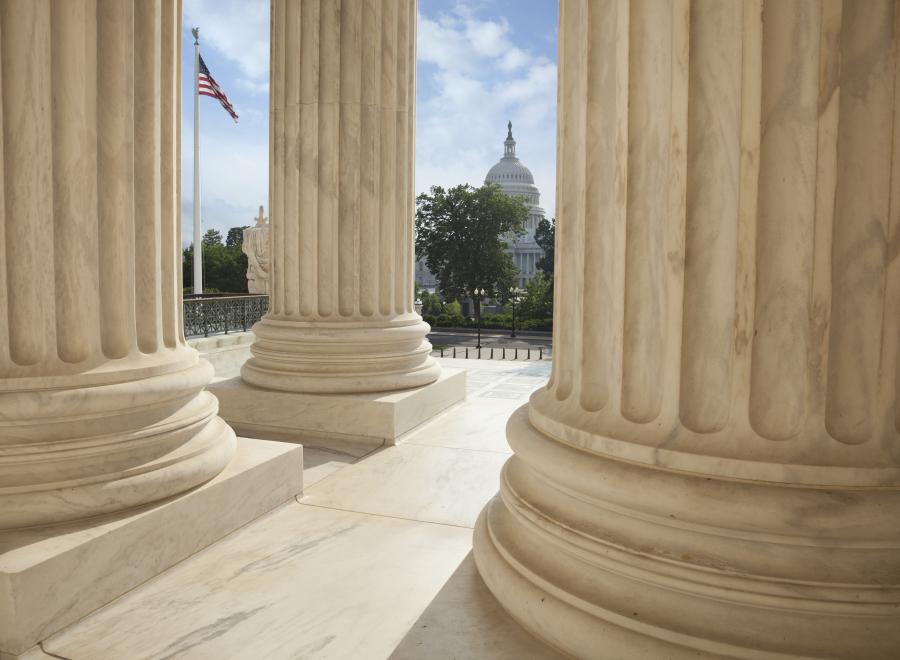The evolving, and often competing, demands of national security, commerce, and privacy create a challenging area of law and policy. Understanding these complexities is critical for lawyers planning to operate in the public sphere.
How can lawyers balance liberty, security, and privacy in an economically globalized, politically fragmented era?
Led by faculty with senior government experience, Columbia’s curriculum in national security law and privacy immerses students in the legal and constitutional intricacies posed by government intelligence gathering, use of military force, surveillance, cybersecurity threats, and military courts.
Why Columbia?
Learn from faculty experts with first-hand experience of national security and foreign policy challenges as well as those who have led court challenges to the constitutionality of preventive detention and secret deportation hearings.
Discuss national security with peers who are charged with implementing it, such as military lawyers earning the LL.M. degree through Columbia Law’s JAG Scholars program.
Participate in the National Security Law Program, which sponsors public lectures and events that draw senior government and military officials, coordinates events with the U.S. Military Academy at West Point, and offers courses that include Intelligence Law; Military Law and the Constitution; and Cybersecurity, Data Privacy, and Surveillance Law.
Join the student-run National Security Law Society, which fosters close connections with faculty and practitioners through events and networking opportunities.
Work on strategic litigation through an externship with the Knight First Amendment Institute. The institute’s litigation docket includes cases relating to public officials’ use of social media, restraints on speech by government employees and whistleblowers, and government surveillance of journalists.
“We all go through our lives leaving digital footprints about what we do. On the one hand, that gives our intelligence agencies some vast new powers to keep track secretly of what our enemies are doing and, potentially, what our own citizens are doing. On the other hand, new technologies give individuals and organizations vast new powers to expose government secrets. The balance between secrecy and transparency is always in flux. The way we will continue to balance those two concerns—keeping us safe, preventing government abuse—is by ensuring we have a well-educated public.”
—Matthew C. Waxman, Liviu Librescu Professor of Law, faculty chair of the National Security Law Program















